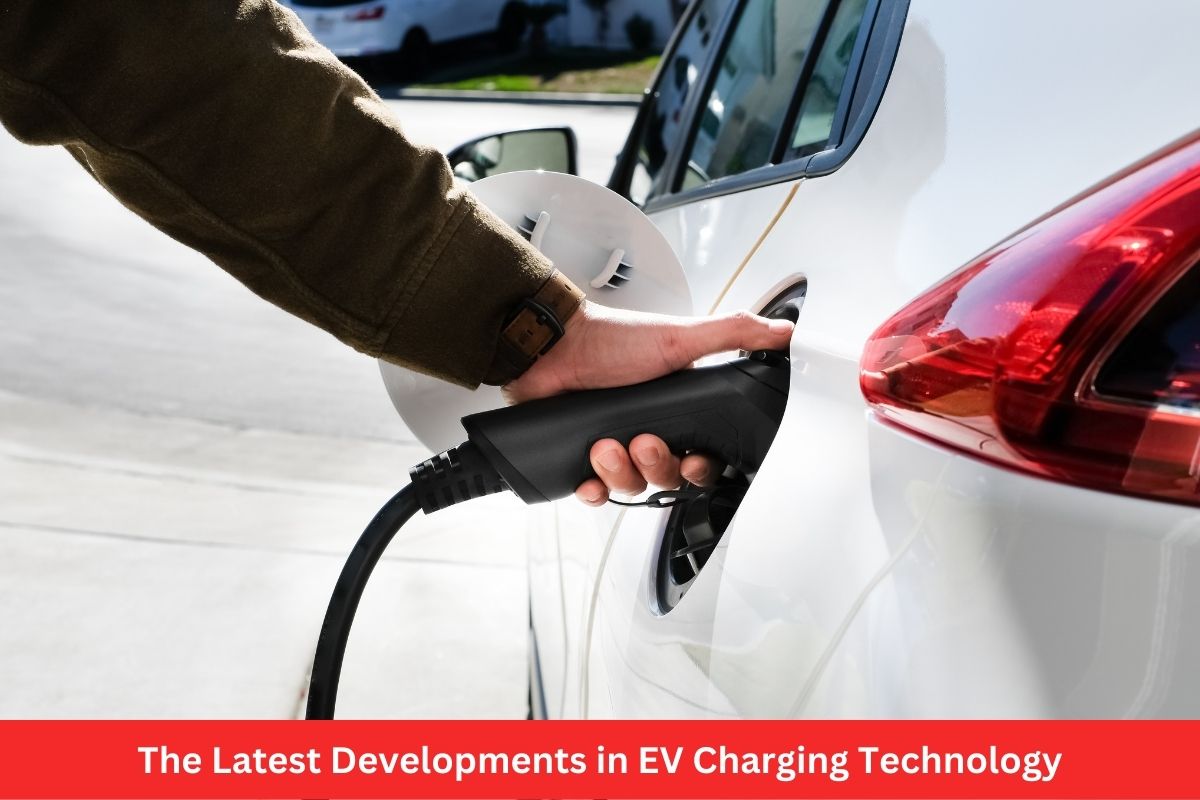As the world moves towards a sustainable future, electric vehicles (EVs) are gaining significant popularity as an eco-friendly transportation option. However, the widespread adoption of EVs depends on efficient and convenient charging infrastructure availability.
Over the years, there have been remarkable advancements in EV charging technology to address the challenges associated with range anxiety, charging speed, and accessibility. This blog will explore the latest EV charging technology developments revolutionizing how we charge electric vehicles.
High-Speed DC Fast Charging
One of the most significant developments in EV charging technology is the emergence of high-speed DC fast charging. Unlike conventional charging methods, which typically take hours to fully charge an EV, DC fast charging significantly reduces charging time.
Using higher power levels, typically above 50 kilowatts (kW), these charging stations can charge an EV’s battery to 80% in as little as 20 to 30 minutes. These stations are strategically located along major highways and urban areas to facilitate long-distance travel and provide EV owners convenient access to charging infrastructure.
Wireless Inductive Charging
Wireless inductive charging has emerged as a promising technology that eliminates the need for physical charging cables and enhances user convenience. This approach uses magnetic fields to transfer energy between a charging pad on the ground and a receiver on the EV’s undercarriage. The charging process is initiated automatically when the EV is parked over the charging pad, making it incredibly convenient for EV owners.
Wireless inductive charging is being integrated into road infrastructure, parking lots, and residential garages for effortless charging without the hassle of plugging/unplugging cables. Several automakers are actively testing and implementing wireless charging technology, making it a viable option for future EV charging technology.
Bidirectional Charging for Vehicle-to-Grid (V2G) Integration
Another exciting development in EV charging technology is bidirectional charging, also known as vehicle-to-grid (V2G) integration. Traditionally, EVs have been seen as energy consumers. However, now with bidirectional charging capabilities, they can become valuable energy storage devices. By enabling power flow from the EV’s battery back to the grid, V2G technology allows EV owners to contribute to grid stability and support renewable energy integration.
This two-way energy flow opens vehicle-to-home (V2H) integration opportunities, where an EV can power a home during peak demand periods or serve as a backup power source during outages. EV has already implemented bidirectional charging capabilities. Also, other manufacturers and utility companies are actively exploring this technology’s potential.
Advanced Charging Management Systems
Advanced charging management systems are being developed to optimize charging efficiency and grid integration. These systems use sophisticated algorithms and data analysis to manage charging loads, minimize grid stress, and ensure the availability of charging infrastructure for all users.
Smart charging algorithms consider factors like electricity prices, grid demand, and user preferences to schedule charging sessions at optimal times. This helps balance the grid and reduces the overall cost of charging for EV owners. Additionally, charging management systems facilitate seamless integration with renewable energy sources, enabling EVs to be charged with clean and sustainable power.
Conclusion
The latest developments in EV charging technology are transforming the landscape of electric transportation. These advancements are revolutionizing how we charge electric vehicles, from high-speed DC fast charging and ultra-fast charging with extremely high power to wireless inductive charging and bidirectional charging.
Furthermore, advanced charging management systems optimize charging efficiency and enable grid integration. With increased accessibility, faster charging times, and improved convenience, EVs are set to play a crucial role in shaping a sustainable transportation future.
